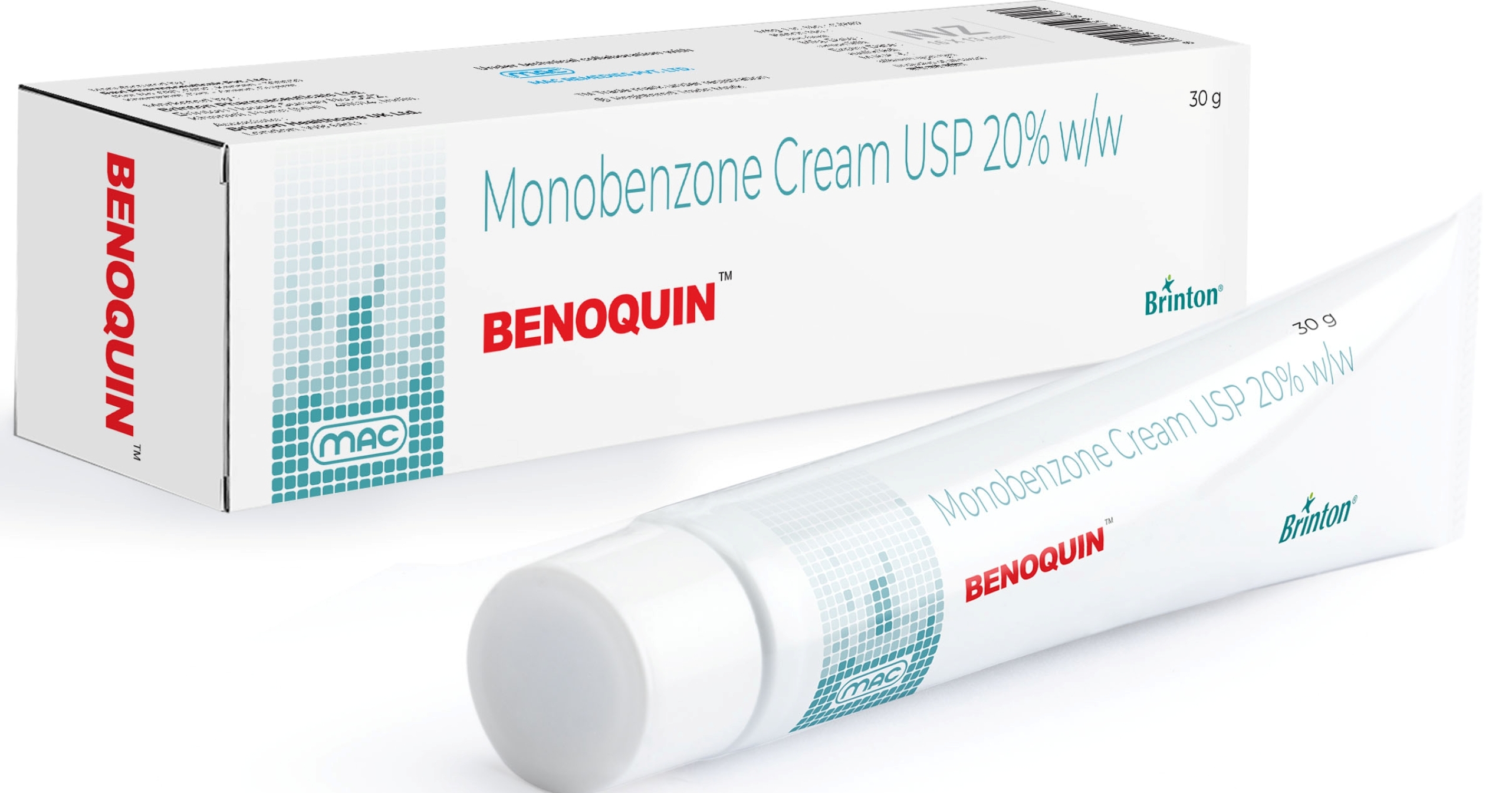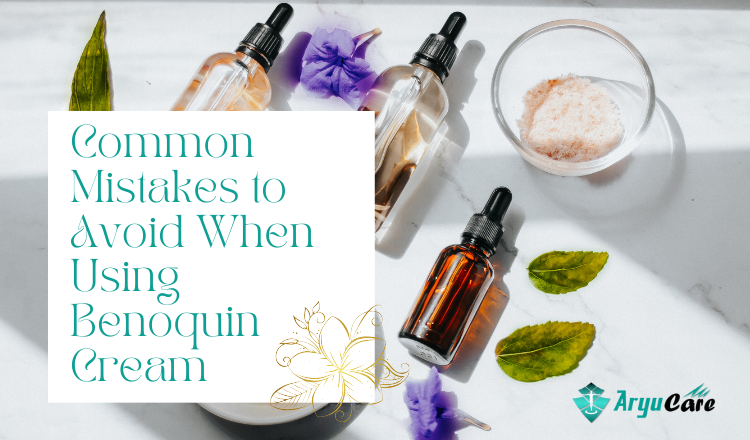Skin Care
Common Mistakes to Avoid When Using Benoquin Cream
Benoquin Cream is a depigmenting agent often prescribed for conditions like vitiligo. It works by removing pigment from the skin, leading to an even skin tone. However, improper use can result in undesirable side effects. To ensure safety and effectiveness, here are some common mistakes to avoid when using Benoquin Cream.
Not Consulting a Dermatologist First
One of the biggest mistakes is using Benoquin Cream without medical supervision. Since it is a potent depigmenting agent, a dermatologist’s guidance is crucial in determining the right application and dosage. Using it without proper consultation may lead to irreversible depigmentation, uneven skin tone, or unexpected allergic reactions. A dermatologist will assess your skin condition, discuss potential side effects, and ensure that Benoquin is suitable for you before beginning treatment.
Applying Too Much Product
Excessive application does not speed up the depigmentation process but instead increases the risk of skin irritation, burning, and uneven pigmentation. Many users believe that applying more cream will lead to faster results, but in reality, this can cause severe skin sensitivity and damage. Always use the recommended amount as prescribed by your dermatologist and avoid the temptation to apply more than directed.

Using It on Unaffected Skin
Benoquin Cream is meant for affected areas only. Applying it to normal skin can cause irreversible depigmentation, leading to an unnatural appearance. This mistake is common among users who assume that applying the cream to the entire face or body will create a uniform look. Instead, it can result in patchy, inconsistent skin tone, making the condition even more noticeable. Always target only the required areas as directed by your healthcare provider.
Skipping Sun Protection
Depigmented skin is highly sensitive to sunlight. Not using sunscreen can lead to severe sunburn, skin damage, and increased risk of skin cancer. The loss of melanin means that the skin no longer has its natural defense against UV radiation. It is essential to apply a broad-spectrum sunscreen with a high SPF before heading outdoors, even on cloudy days. Wearing protective clothing, hats, and sunglasses can further minimize sun exposure.
Expecting Instant Results
Depigmentation is a gradual process, and expecting overnight results may lead to frustration and misuse of the cream. Many users become impatient and increase the frequency of application, which can lead to adverse effects. It is important to understand that the treatment may take several weeks or even months to show visible results. Consistency and patience are key to achieving an even skin tone safely.
Mixing with Other Skin Products Without Guidance
Using Benoquin Cream with other skincare products without consulting a professional may lead to adverse reactions. Some ingredients may counteract its effects or cause severe irritation. For instance, combining it with harsh exfoliants, retinoids, or strong acids may lead to excessive dryness, redness, or inflammation. Always inform your dermatologist about all the skincare products you use to ensure they are compatible with Benoquin.
Discontinuing Suddenly
Abruptly stopping the application without professional advice can lead to uneven skin tone or re-pigmentation. Some users stop using Benoquin as soon as they see results, only to find that the depigmentation reverses over time. Your dermatologist may recommend a gradual reduction in application or maintenance therapy to sustain the results. Always follow your treatment plan and consult your doctor before making any changes.
Ignoring Possible Side Effects
Some users overlook early signs of adverse reactions such as redness, itching, burning, or excessive dryness. Ignoring these symptoms and continuing use can exacerbate the condition and lead to severe skin damage. If you experience any unusual reactions, stop using the cream and consult your dermatologist immediately.

Applying on Broken or Irritated Skin
Applying Benoquin on cuts, wounds, or already irritated skin can lead to extreme discomfort and further complications. The skin in these areas is more vulnerable to irritation and may react negatively to the cream. Always ensure that your skin is intact and healthy before application.
Not Following a Proper Skincare Routine
Using Benoquin without maintaining a proper skincare routine can reduce its effectiveness. Hydration and gentle skincare are crucial when using strong depigmenting agents. Use a mild cleanser, avoid harsh scrubs, and regularly apply a good moisturizer to keep the skin hydrated and balanced.
Conclusion
Using Benoquin Cream requires careful adherence to medical advice to avoid unwanted effects. By avoiding these common mistakes, you can ensure a safer and more effective depigmentation process. Always consult your dermatologist for the best treatment plan tailored to your skin needs. Following the correct usage guidelines will help you achieve the desired results while maintaining healthy and protected skin.


